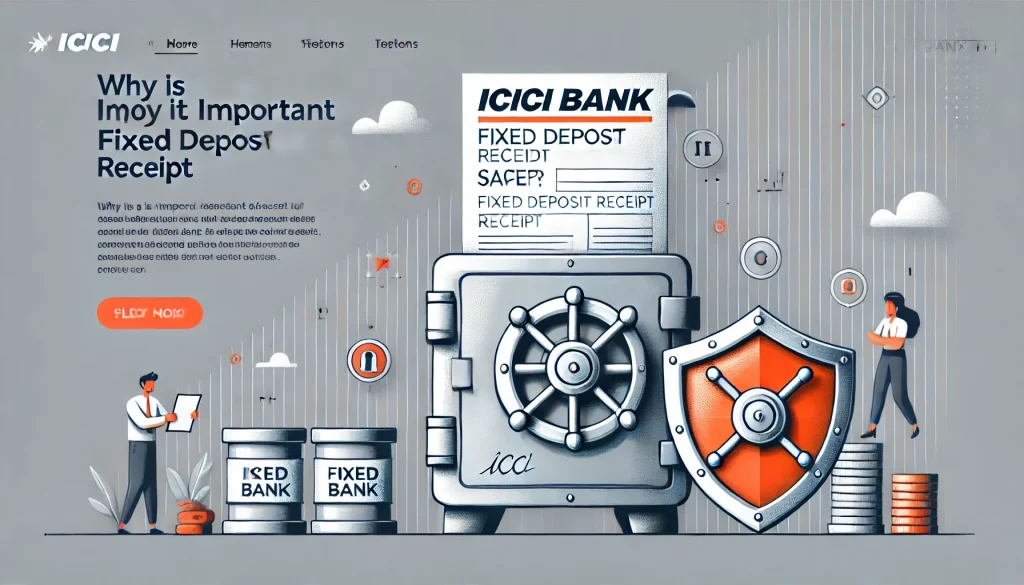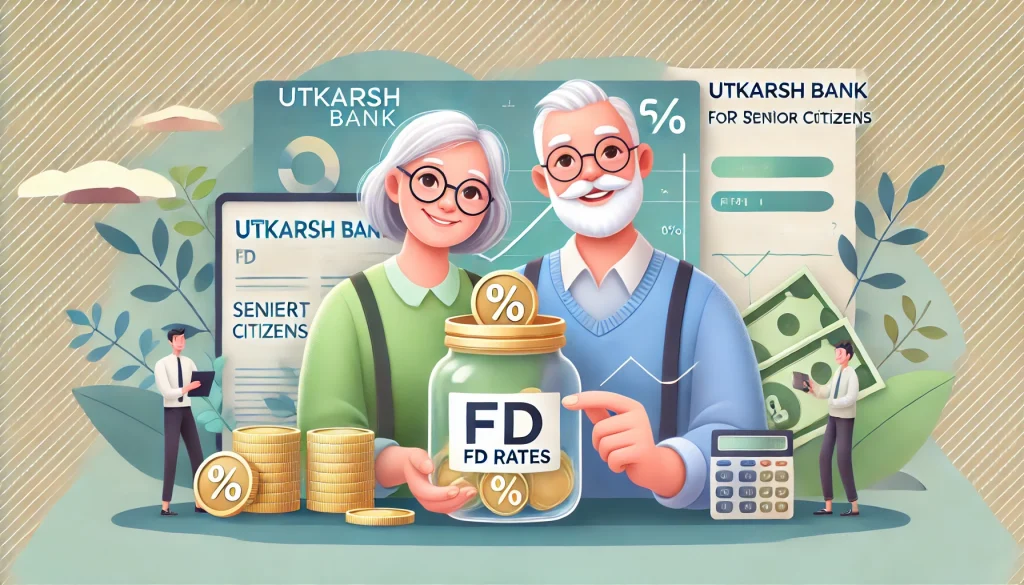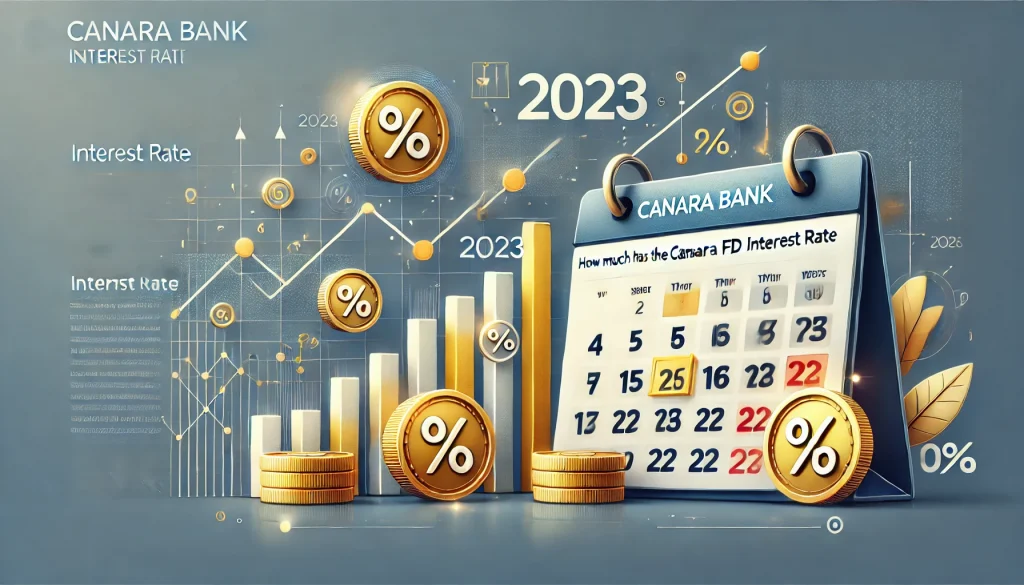
In the world of banking and finance, two standard terms that often crop up are “Demand Deposit” and “Fixed Deposit.” Both serve as crucial financial tools for individuals and businesses alike. In this blog, we will delve into the difference between Demand Deposits vs Fixed Deposits, their definitions, characteristics, risks, and their significant differences.
What is a Demand Deposit?
A Demand Deposit, also known as a current account, is a type of bank account that allows depositors to withdraw funds at any time without any advance notice to the bank. These accounts are highly liquid, making them ideal for daily transactions and managing day-to-day expenses. Unlike Fixed Deposits, Demand Deposits do not have a fixed term, and the funds can be accessed with checks, debit cards, or other withdrawal methods.
Characteristics of Demand Deposits
Demand Deposits typically offer lower interest rates than Fixed Deposits, as they prioritise liquidity and accessibility over long-term savings benefits. These accounts often do not have a maturity date and can be held indefinitely, making them suitable for keeping money readily available for immediate use.
Advantages of Demand Deposits
- Flexibility: One of the significant advantages of Demand Deposits is the flexibility they offer in terms of withdrawal. Depositors can access their funds whenever they need them without any restrictions.
- Convenience: Managing a Demand Deposit account has become more convenient with various electronic banking options. Online banking, mobile apps, and ATMs enable easy access to funds 24/7.
- No Fixed Term: Unlike Fixed Deposits, Demand Deposits do not have a lock-in period. It allows depositors to add or withdraw funds as and when required.
What is a Fixed Deposit?
A Fixed Deposit, also known as a term deposit or time deposit, is an account that allows individuals to deposit a sum of money for a fixed period at a predetermined interest rate. During this time, the money remains untouched, and the depositor earns interest on the principal amount. Fixed Deposits are popular among those who seek to grow their savings with minimal risk.
Characteristics of Fixed Deposits
Fixed Deposits are known for their stability and security, offering a guaranteed return on investment. The interest rate for Fixed Deposits is typically higher than that of Demand Deposits due to the commitment of the depositor to keep the money locked in for a specific duration.
Advantages of Fixed Deposits
- Higher Interest Rates: Fixed Deposits generally provide higher interest rates, making them an attractive option for individuals looking to grow their savings over time.
- Safety: Since Fixed Deposits are not subject to market fluctuations, they offer a safe and secure way to invest money.
- Disciplined Savings: Fixed Deposits encourage disciplined savings by keeping the funds locked in for a fixed tenure.
Demand Deposit vs Fixed Deposit
| Aspect | Demand Deposit | Fixed Deposit |
|---|---|---|
| Definition | A type of bank account with high liquidity, allowing depositors to withdraw funds on demand. | An account where individuals deposit a sum of money for a fixed period, earning interest on the principal. |
| Withdrawal Flexibility | High flexibility; funds can be accessed anytime without penalties. | Limited flexibility; withdrawals before maturity may result in penalties. |
| Interest Rates | Lower interest rates due to high liquidity and accessibility. | Higher interest rates as the money is locked for a specific period. |
| Purpose | Ideal for daily transactions and managing day-to-day expenses. | Suitable for those seeking to grow savings without immediate access to funds. |
| Risk | Slightly higher risk due to lower interest rates. | Lower risk with guaranteed return on investment. |
| Maturity Period | No fixed maturity period; it can be held indefinitely. | Fixed maturity period ranging from months to years. |
| Interest | Interest is calculated on a daily or monthly basis. | Interest is calculated based on the fixed tenure and deposited amount. |
| Accessibility of Funds | Easily accessible through checks, debit cards, and other methods. | Less accessible during the fixed term; premature withdrawal may have penalties. |
| Ideal for | Individuals and businesses that require immediate access to funds. | Individuals are looking to save and earn higher interest without an immediate need for money. |
1. Interest Rates
- Demand deposits typically offer lower interest rates, and in some cases, they may not offer any interest at all. The primary purpose of demand deposits is to provide convenient access to funds for day-to-day transactions rather than generating significant interest income.
- Fixed deposits provide higher interest rates as they involve locking in the money for a specific period. The longer the fixed deposit term, the higher the interest rate.
2. Liquidity
- Demand deposits are highly liquid, meaning the funds are readily available for withdrawal whenever required. This makes them suitable for emergency expenses and everyday transactions.
- Fixed deposits are less liquid due to their fixed maturity period. Withdrawing funds before maturity usually incurs penalties and can result in reduced interest earnings.
3. Maturity Period
- Demand deposits do not have a specific maturity period since they are meant for immediate access to funds.
- Fixed deposits have a defined maturity period, ranging from a few months to several years, depending on the chosen term.
4. Risk Factors
- The main risk associated with demand deposits is the potential for identity theft and fraudulent transactions if account details fall into the wrong hands.
- Fixed deposits carry a relatively lower risk since the interest rates and maturity periods are predetermined. However, the risk of inflation eroding the actual value of returns remains.
5. Tax Implications
- Interest earned on demand deposits is generally taxable as per the prevailing income tax laws of the country.
- Interest earned on fixed deposits is also taxable, and the tax liability varies based on the individual’s tax bracket and applicable tax laws.
6. Accessibility
- Funds in demand deposits can be accessed through various means, including ATM withdrawals, online transfers, and check payments.
- Accessing funds in fixed deposits before maturity may involve penalties or loss of interest earnings. However, some financial institutions offer premature withdrawal options with reduced interest rates.
Demand Deposit vs Fixed Deposit – Choosing the Right Deposit Type
The choice between a Demand Deposit and a Fixed Deposit depends on individual financial goals and needs. A Demand Deposit would be more suitable if immediate access to funds is a priority and the depositor requires flexibility in managing day-to-day expenses. On the other hand, those looking to earn higher interest rates on their savings and can afford to lock in their money for a specific period may find Fixed Deposits more appealing.
Conclusion
In conclusion, both Demand Deposits and Fixed Deposits play essential roles in the banking landscape, catering to different financial objectives. Demand Deposits provide convenience and liquidity, while Fixed Deposits offer stability and higher interest rates. Understanding the differences between these two deposit types can help individuals and businesses make informed decisions about their financial strategies.
FAQs
Yes, many banks allow customers to convert their Demand Deposits into Fixed Deposits. However, you must check with your specific bank about the conversion process and any associated terms and conditions.
The maximum deposit limit for a Fixed Deposit varies depending on the bank and its policies. Some banks may have a cap on the maximum amount that can be deposited, while others may not have any restrictions.
Withdrawing money from a Fixed Deposit before the maturity date may result in penalties and a lower interest rate than initially agreed upon. The exact penalty and impact on interest earnings will depend on the bank’s policies.
Yes, you can have multiple Demand Deposit accounts with different banks or even with the same bank. However, keeping track of your accounts and managing them responsibly is essential.
Fixed Deposits are generally not insured by the government. However, many countries have deposit insurance schemes that provide coverage up to a certain limit in case the bank fails or faces financial difficulties. It’s advisable to check the deposit insurance regulations in your country for specific details.
Disclaimer
This article is solely for educational purposes. Stable Money doesn't take any responsibility for the information or claims made in the blog.


